Playtesting & Character Creation
Hey friends, Donald here!
Normally, we wouldn’t have a blog post so soon after the last one, but Will and I had some stories we wanted to share that were a bit too long to go elsewhere but that we’re really proud of. Enjoy!
Playtesting Comet
A few weeks ago I was invited to share Comet at the International Simulation & Gaming conference at the University of Canterbury as part of a local games exhibition.
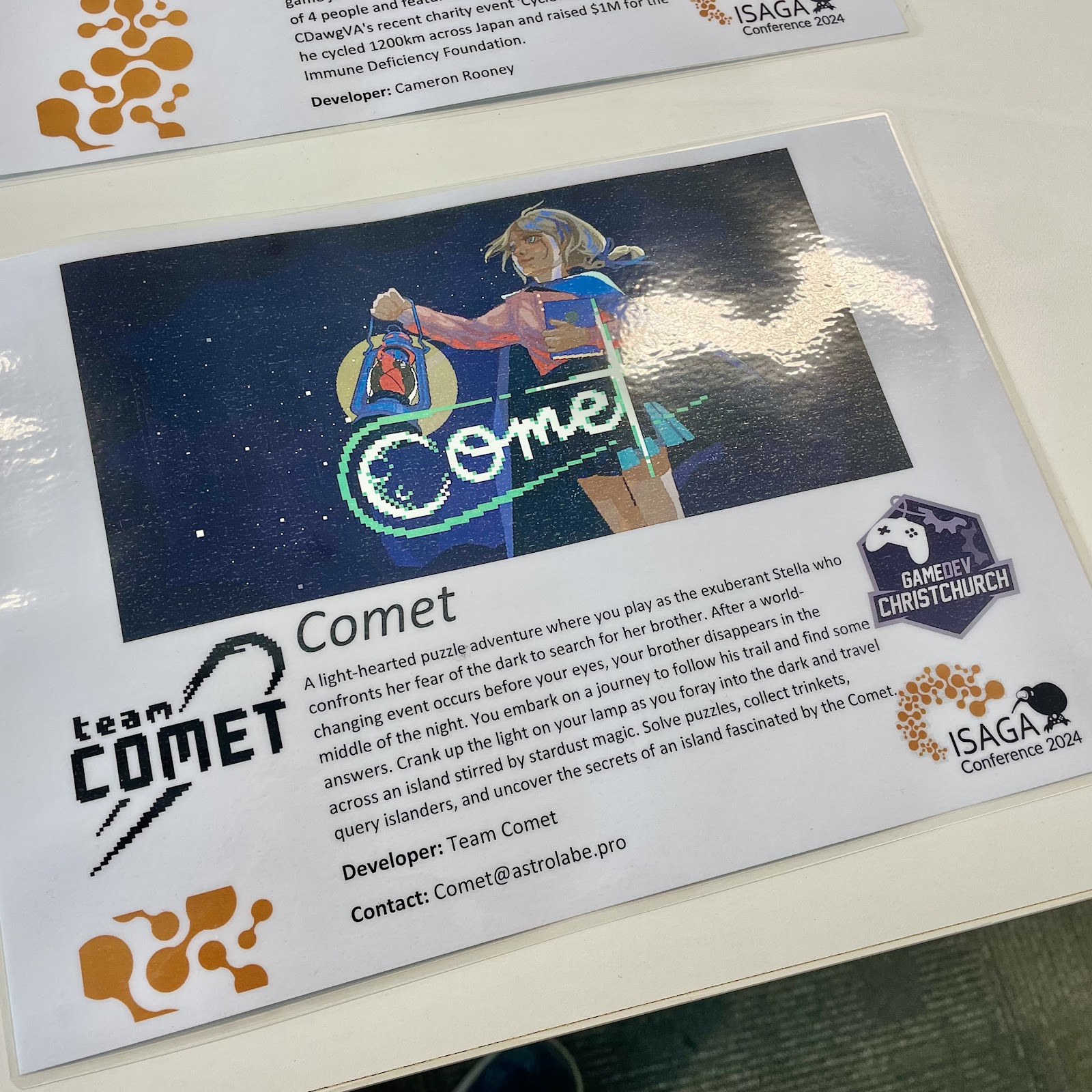
I was initially hesitant to sign up. I wanted to have a few more systems in place which would really round out the Comet demo, so I was worried we wouldn’t have enough for people to care about.
We’ve had a few people playtest the game, but I’ve never SEEN people play it.
Our playtesters have sampled a slice of Comet remotely, so I’ve been unable to see people’s faces react to what they’re playing.
Getting that kind of genuine unfiltered feedback can be invaluable so I decided that this could be a good opportunity for me/the project.
I took the afternoon off, and went along. You never know what might come of it!
Game Day
On the day of the event, I went in with rock-bottom expectations. Who knew how many people would be around or if they’d even care about our game?
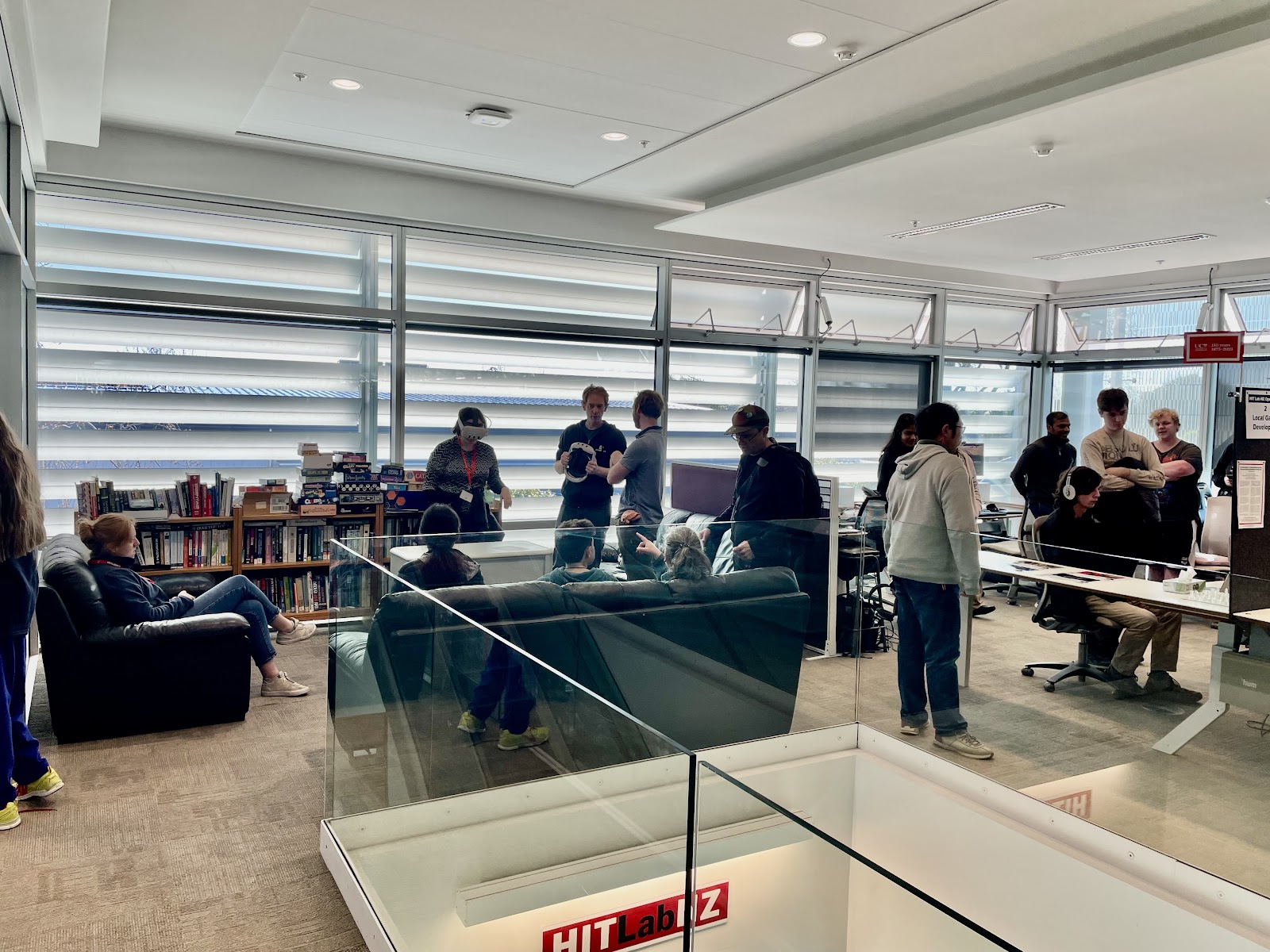
I won’t speak for others on the project, but I’ve been working on Comet for so long it’s now easy to ask the question,
“Have we made something that’s any good?”
While we’re working on features, I believe in them. They spark joy, and I think about future players encountering them.
“This is fun, they’re going to love this!”
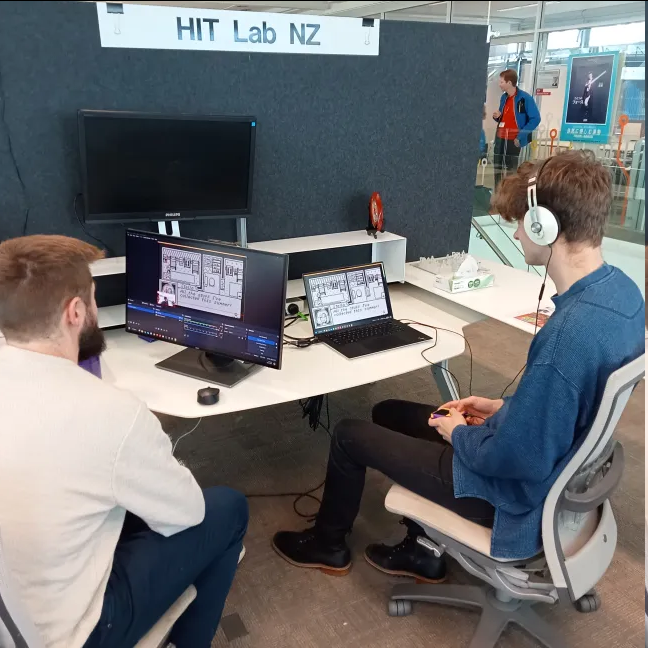
But over time, it’s easy to let doubt creep in and forget what made each element special. It’s like the game has a new baseline, and you wonder again, “Have we built something anyone will enjoy?”
I set up our station with Comet running in the simulator on a PC while the Playdate itself acted as a controller. I recorded the gameplay and had a webcam capture people’s faces so we could see their reactions.
Overall, the experience was a lot of fun, and people were overwhelmingly positive about Comet! I had to drag feedback out of them.
I was there for around 3.5 hours, and I had people playing the game the entire time. I was shocked. When I visit events like this as an attendee I tend to spend 5-10 mins playing demos, I chat with the dev and then I move on. But players were locked in and only stopped once they got to the end of the demo area.
What Did People Think?
When I got back home, I pored over all the feedback given and sorted them into 4 categories:
Visuals
Everyone who played Comet or watched it being played were drawn in by the full experience. Many didn’t know what the Playdate was and wondered why it was in black and white, but they still noted that the game was easy to read and thought Stella’s animations were so much fun. They loved the emojis and felt the game was really cute.
Writing
People said they were really compelled to keep playing. They wanted to know more about the world and the town. They laughed at so much of the dialog (even some cheesy jokes). To see people read words I’ve seen a 100 times and start glowing was a real treat. Players appreciated the tight clear intro, and felt like they understood our plucky protagonist Stella and her wistful brother Mars.
Audio
Quite often, I play games without audio so I’m not closing myself off to the world entirely (part of the perks of fatherhood). Despite this, I’ve cared a lot about music and sound design to help bring the world of Comet to life. Focusing on details like your footsteps making different sounds based on the surface you’re running on.
People noticed all the little audio elements and told me they enjoyed the music. So once again I want to thank Kyle "Tripletritone" McAuliffe for the music & Monster Logo Studios for our sound effects.
Here’s a clip of a player getting visibly affected by the ‘fear of the dark’ mechanic I talked about in the last blog post.
Design
When it came to design, I was worried Chapter 1 might be too boring. The opening chapter focuses heavily on exploration, talking to people, and getting immersed in the fishing village of Cliffside Crescent.
There were a few times I thought people were lost or might be getting frustrated, but they all said they felt fine and were enjoying poking around the town. We have about a dozen puzzles in Cliffside Crescent. Many optional, and many felt really simple to me, so I was surprised to see a few people struggle.
One puzzle requires you to push a box into a hole to cross a gap, and one player pushed the box right next to the hole… then walked away.
At the end of the demo, I asked about it and they said “I’ve never played a game with systems like this before, but I felt it was optional so I was okay to come back to it.” And they did just that. After moving through an area later in the demo, they had learned all the skills they needed, then came back and aced it.
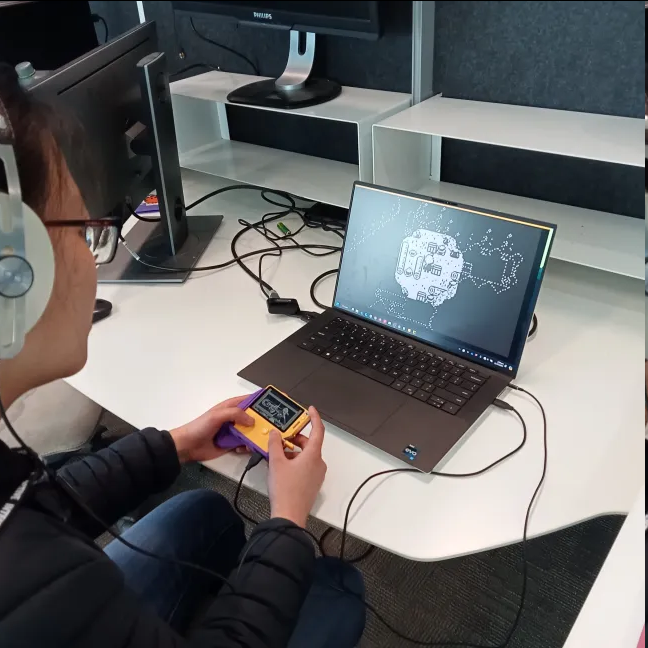
Learnings
It wasn’t all wonderful though. I learned a lot about some important encounters. Some issues we anticipated, others we didn’t, and some flat out failures.
It’s also worth noting that none of these players had ever held a Playdate before, they didn’t know about the menu button meaning they missed the information we present on the menu screen. In fact, one player never even thought about turning the crank in the opposite direction. It’s really helpful to see people point out these blindspots.
Lots of feedback for change, and I have to imagine that people were being kind, speaking face-to-face with a developer. That’s human nature.
Now that we’ve broken the in-person testing seal, it’s time to start letting more people play. My local game dev scene has a monthly playtesting day, so I think I’ll start coming along to those.
Thanks for reading.
Now, I’ll turn to Will to talk about a cool character we made for Chapter 2.
~~~~~~~~~
There’s a lot of really useful feedback we’ve already started to implement from the event, but the entire team were super happy to hear about the positive reception Comet received. And as the lead narrative designer I was particularly happy to hear that people liked the writing (and cheesy jokes)!
As Donald mentioned, it’s easy to question whether your work’s any good when you’ve been working on a project for a while, so the positive feedback was very welcome.
A lot of work has gone into the narrative and the entirety of Team Comet has played a part in putting Stella’s story together.
In this part of the blog, I want to break down an important piece of that narrative work for you; characters.
Character Creator
Throughout Comet you’ll meet a whole host of characters who will affect the story, and Stella, in various ways.
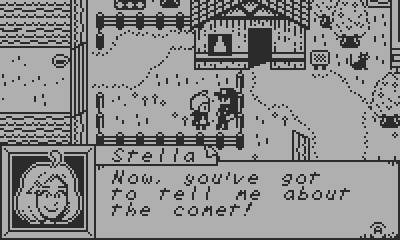
One of those characters is Dr. Lumen, a nurturing scientist whose innate curiosity and thirst for knowledge sometimes ironically leaves her oblivious of the obvious.
“But Will, why focus on Dr. Lumen?”
That’s a great question, fictional reader who helps me get my point across. I’m focusing on Dr. Lumen because she’s a pivotal character in the story and the team’s all chipped-in to bring her to life.
I want to use Dr. Lumen to dive into how we craft characters in Comet.
Brainstorm
Like many aspects of game development Dr. Lumen’s life began as a faint outline of an idea, which then snowballed and grew into a fully-fledged character.
Team Comet had a group call where Donald pitched the outline for chapter 2 and the team got talking; “Could we add [REDACTED]?” “We could use that to [REDACTED]” “Then Stella can [REDACTED].”
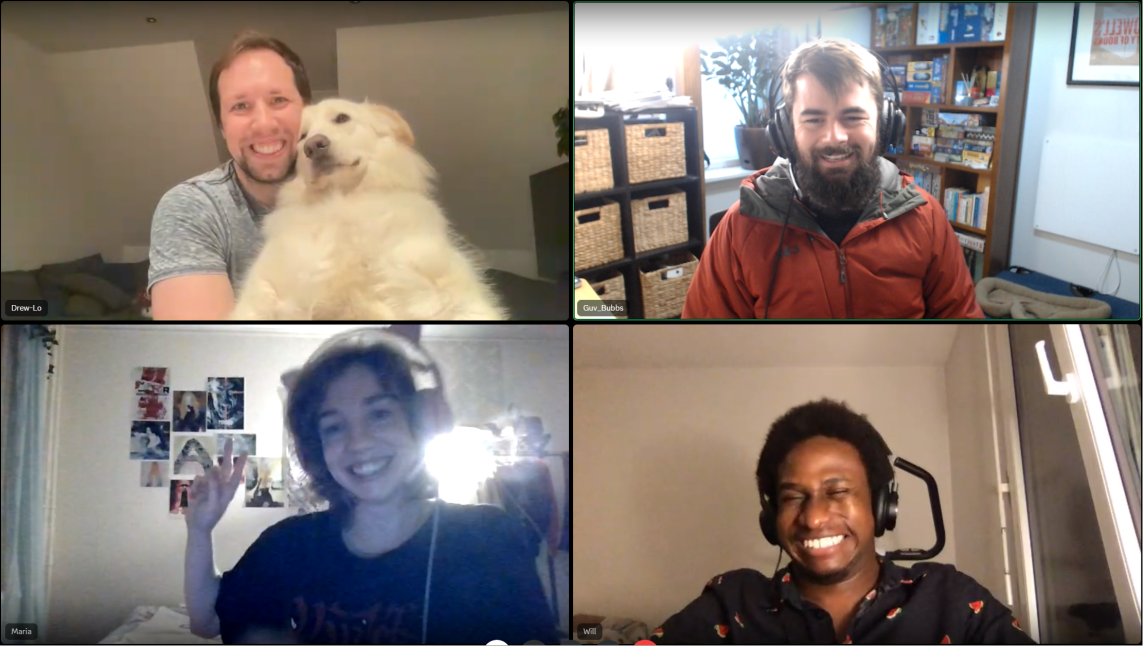 A very serious Team Comet brainstorm meeting, featuring Mischka the dog
A very serious Team Comet brainstorm meeting, featuring Mischka the dog
Without revealing too much of the plot, we needed Stella’s journey to involve some self-discovery while in the woods. We could’ve solely used game mechanics or monologues or even a whole village of characters, but we decided on a mentor-figure who could act as a sounding board for Stella - so she had the space to grow on her own in Chapter 2’s large map, but she also had someone to allow her to reflect on the growth she was undergoing when she returned to the hub area.
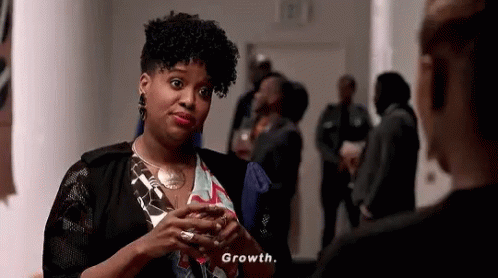
Who is Dr. Lumen?
After we’d decided on a mentor-figure we needed to figure out who that mentor figure was going to be. Ideas had been percolating in my head since our group discussion, but Donald helped unfurl my thoughts with a bit of a personality quiz.
He asked me questions like:
- “Why is she in the woods?”
- “What’s she working on?”
- “What does she know?”
- “What doesn’t she know?”
- “What’s her Myers Briggs type?”
- “How’s she feeling when we meet her?”
These questions formed the skeleton that allowed me to add the muscles and nerves and organs (if you’ll excuse the odd metaphor).
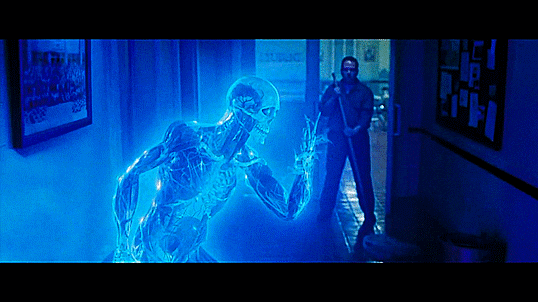
After that, it was time to give Dr. Lumen a look.
Designing the Doctor
There are two visual aspects to each character in Comet: the in-world sprite, and the dialogue portrait.
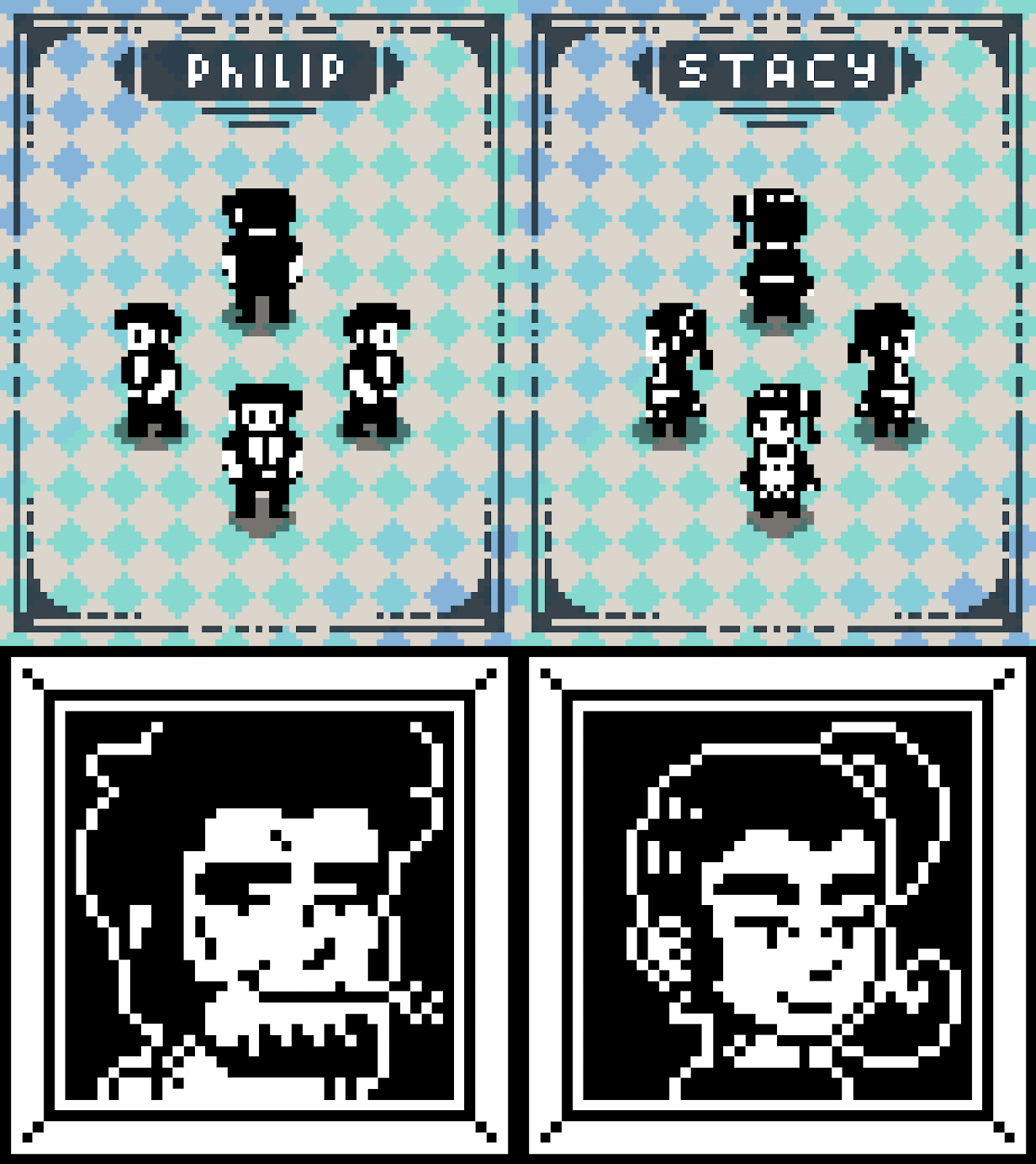 Sprites for Philip and Stacy at the top, and their corresponding character portraits below them
Sprites for Philip and Stacy at the top, and their corresponding character portraits below them
As you might know PlayDate has a screen resolution of 400 x 240 pixels, but because Comet began life in the Pulp engine (and because of a few other miscellaneous factors) the game runs at half resolution meaning we’ve only got a resolution of 200 x 120 to play with.
Match that with the fact that our character sprites are around 20 pixels tall and portraits are 12 pixels wide, and that’s a recipe for technical limitations.
Luckily, we’ve got a super-talented team and great collaborators to help work through the complications. We went through several rounds of feedback and iterations, but I think we landed on a great final design. What do you think?
Our artistic collaborators Steph and Meadow worked with myself and Donald on Dr. Lumen’s portraits:
The early concept sketches of Dr. Lumen looked great! But they were a bit more exuberant/bubbly than the personality we settled on
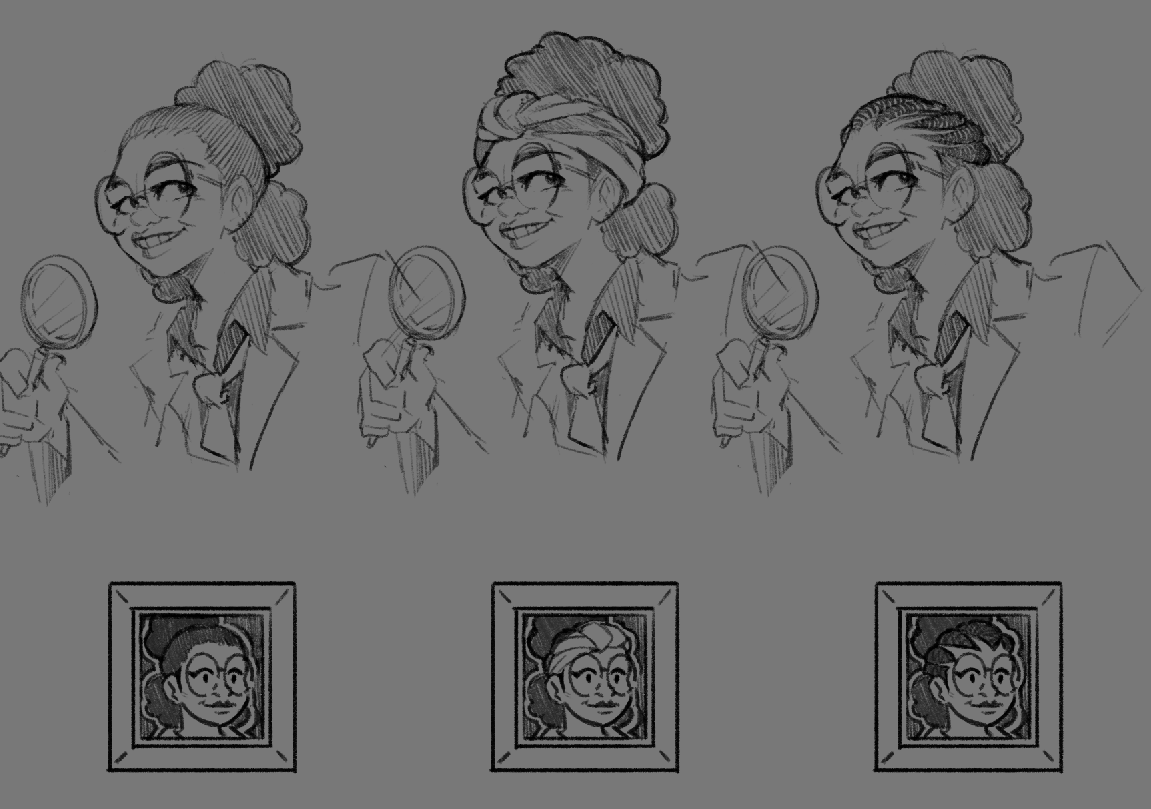 Trying out a few different hairstyles for the portrait
Trying out a few different hairstyles for the portrait
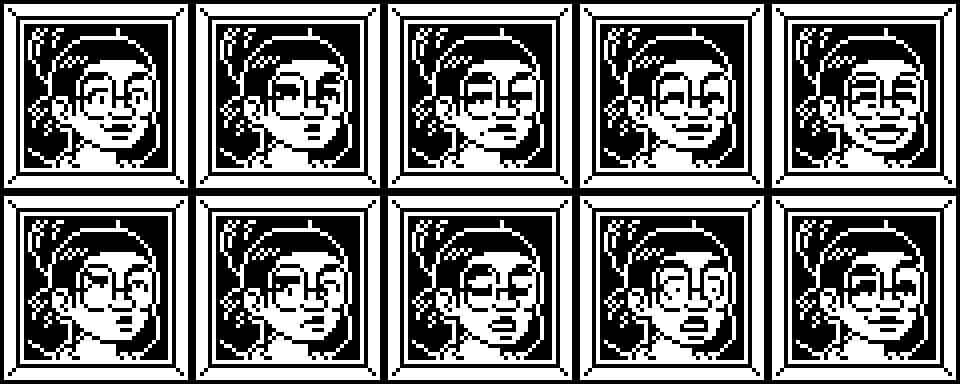 Et voila, our in-game portraits for Dr. Lumen
Et voila, our in-game portraits for Dr. Lumen
Our lead artist Maria, Donald, and myself came together to bring her sprites to life:
The starting point for the lab coat-laden scientist
Then we took her glasses shopping
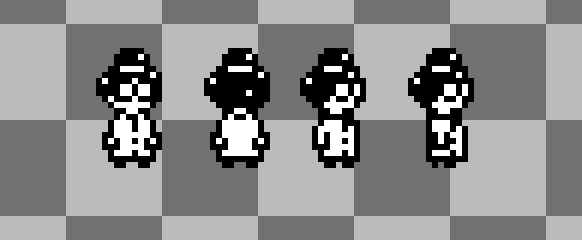 And added a spring to her step!
And added a spring to her step!
What’s in a Word?
While her design was being iterated, Dr. Lumen needed something else to bring her to life; a voice. I knew what kind of character she was in isolation, but how she’d talk and react and treat Stella had to be planned and written out.
How would she introduce herself? Why would she help Stella? How/why would she help Stella realise [REDACTED]?...
I hate to leave you hanging, but to know the answer to those questions you’ll have to stay tuned and play Comet to get a look at Dr. Lumen’s dialogue (please don’t hate me).
See you in the next blog!
Get Comet
Comet
A Light-hearted puzzle adventure.
| Status | In development |
| Authors | guv_bubbs, aloebach, Will Aryitey, rowdy41, xmenekai, Mouflon Cloud |
| Genre | Adventure, Puzzle |
| Tags | 1-bit, Female Protagonist, Narrative, Pixel Art, Playdate, Relaxing, Sokoban, Story Rich, Top-Down |
| Languages | English |
| Accessibility | Subtitles, High-contrast |
More posts
- Signs of life18 days ago
- Comet Dev: Hard ModeApr 30, 2025
- Extreme Makeover: Comet EditionOct 31, 2024
- Milestone 6 | Light Mechanics & Engine UpgradesSep 12, 2024
- Milestone 5 | Chapter 2 Systems, Design & FlavourJun 23, 2024
- Behind the scenes - Announcement TrailerMar 31, 2024
- Milestone 4 | Chapter 2 DraftFeb 28, 2024
- Milestone 3 | Chapter 1 PolishDec 01, 2023

Comments
Log in with itch.io to leave a comment.
Great update. Love seeing how the sausage is made.
Great write-up as always, it's awesome to see how far the project has gone! Keep it up!
Nice write-up, must be a great experience for all of you. Seems like y’all are having a lot of fun! Looking forward to to play the game, and best of luck!
Thanks Nino. It's a fun little journey we're going on.